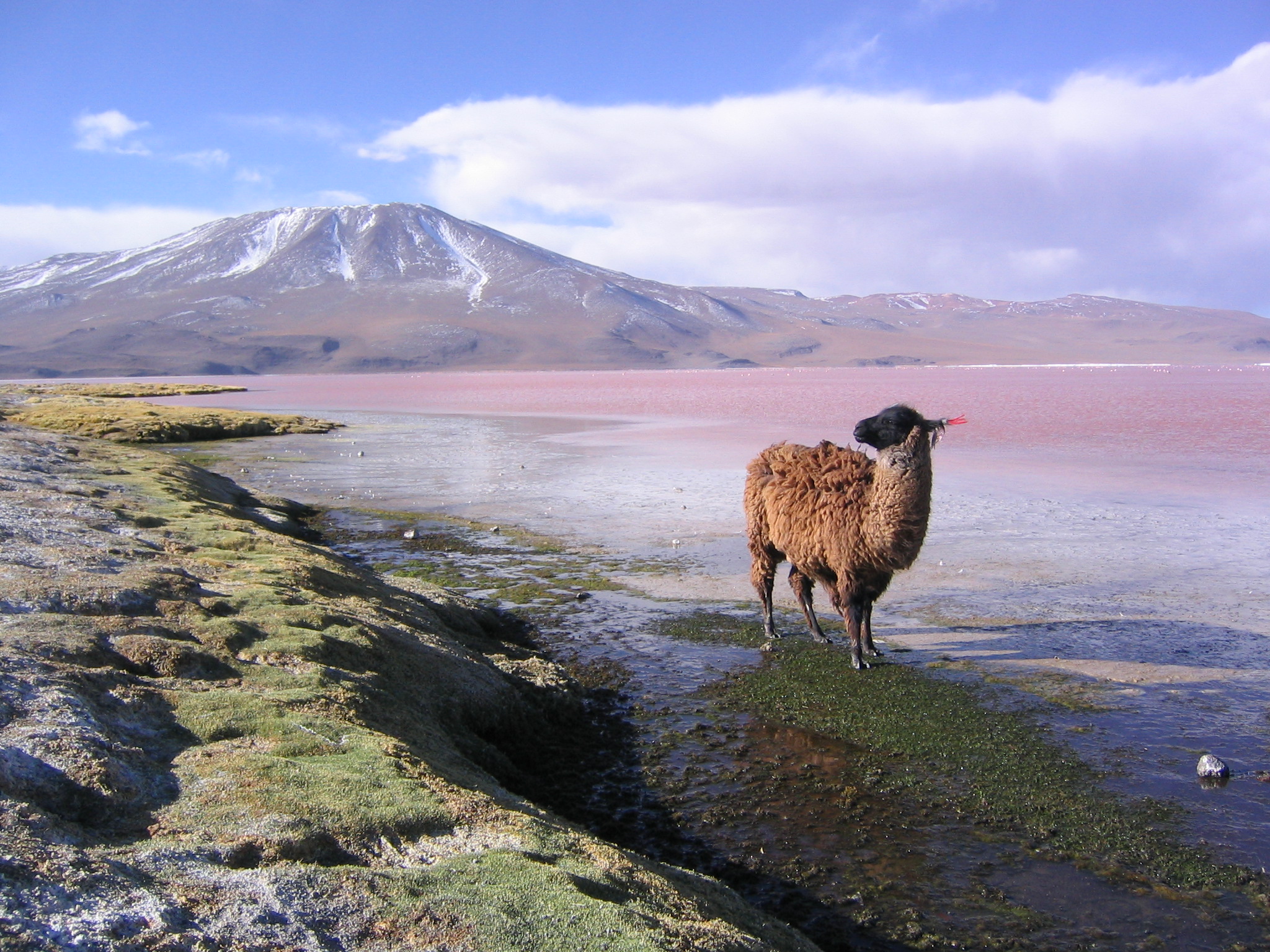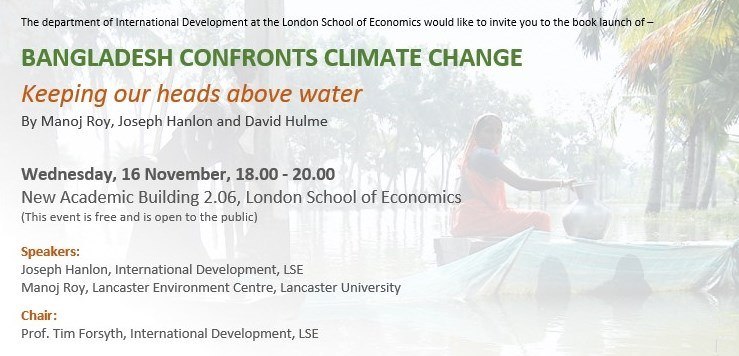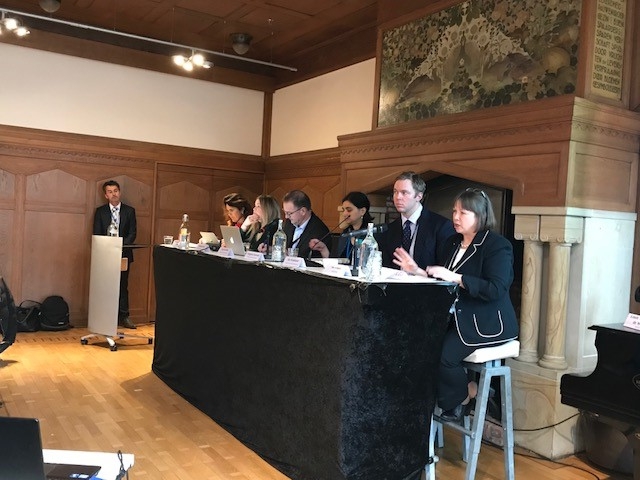The International Development consultancy experience gives students the opportunity to work with organisations in the real world and on hot topics that have the potential to influence policy. MSc International Development and Humanitarian Emergencies candidates, Meiron Avidan and Morgan Jennings tell us about their experience with the International Organisation for Migration (IOM) on investigating how IOM’s Displacement Tracking Matrix (DTM) can better implement disability inclusion.
As part of our taught master’s programme at LSE, we had the opportunity to immerse ourselves in the world of humanitarian consultancy research. Our selected project, in partnership with the International Organisation for Migration (IOM), looked to understand how IOM’s Displacement Tracking Matrix (DTM) can better implement disability inclusion throughout its registration process for food distribution, within internal displacement camps.
The Research Team
Our team consisted of five postgraduate students within the International Development department, each from a different country and distinct educational background. Over the course of this six-month project, our group worked incredibly well as a team. We managed our time and workload effectively, despite conducting the research completely virtually and living in different time-zones.
Report Breakdown
Internally displaced persons (IDPs) with disabilities are one of the most vulnerable populations. On top of high levels of insecurity due to displacement, they are also exposed to socially constructed barriers and systemic marginalisation. These issues are exacerbated by organisational failings that often neglect to identify persons with disabilities and omit efficient inclusion policies.
Summary of Main Recommendations
We selected South Sudan and Nigeria as case studies as IOM operates in displacement camps in both locations. Through considering how disabilities are addressed during the registration process for food distribution in these countries, our report highlights three core barriers hindering the identification and participation of IDPs with disabilities throughout this process. To address these barriers, fifteen key informant interviews were conducted with disability experts and prominent professionals in the international humanitarian sphere to inform the recommendations for our report.
We identified the following as important considerations for improving the inclusion of persons with disabilities in the registration process:Continue to adopt the social model of disability to identify IDPs with disabilities; Engage with local disability organisations to better understand the needs of IDPs with disabilities;
- Require all registration staff members to partake in holistic disability inclusion training;
- Increase the use of qualitative data through including both the Washington Group Questions and parts of the International Classification of Functioning, Disability and Health framework in all registration data-collection processes;
- Provide IDPs with disabilities with enhanced feedback mechanisms through the presence of a registration official throughout the registration process and ensuring that at least one IDP with a disability is engaged with at every stage;
- Ensure that feedback loops are closed by following up with complainants and fully resolving the issue;
- Include persons with disabilities in the conversation about their needs through community engagement initiatives with enumerators;
- Promote positive dialogue and effective communication between IOM and the local community to encourage trust building.
Final Reflections
It has been a privilege and a highlight of our graduate programme to work on this consultancy project. We have all learnt a lot about conducting primary research, compiling results, and the subsequent recommendations. We hope that our report offers practical tools to fulfil future inclusion plans across organisations working to be more inclusive. Finally, we are thankful to have been able to contribute to this important and on-going discussion of disability inclusion within humanitarian intervention.
“The consultancy project taught me so much about teamwork and helped me to recognize my capabilities. On top of learning about inclusion policies and the misconceptions about persons with disabilities, I accomplished conducting multiple interviews and helped to create a meaningful 65-page report; two things I never thought I could do!” — Maja Shannon, International Development and Humanitarian Emergencies
“The consultancy project has been a highlight of my studies at the LSE. I’m thankful to have had the opportunity to contribute to this important discussion alongside such a wonderful team and supportive client.” Morgan Jennings, International Development and Humanitarian Emergencies
“I loved working on our consultancy project. I learnt so much about conducting primary research and I’m incredibly proud of our final report. I hope our recommendations will have a truly tangible impact.” — Meiron Avidan, Development Studies
“This consultancy project was definitely a highlight of my time at LSE! It was great to work as a team on such an important topic with IOM.” — Chloe Fung, International Development and Humanitarian Emergencies
“We were honored to speak to inspirational experts in the field. The semi-structured interviews were thought provoking and eye-opening.” — Maria Harb, International Development and Humanitarian Emergencies





